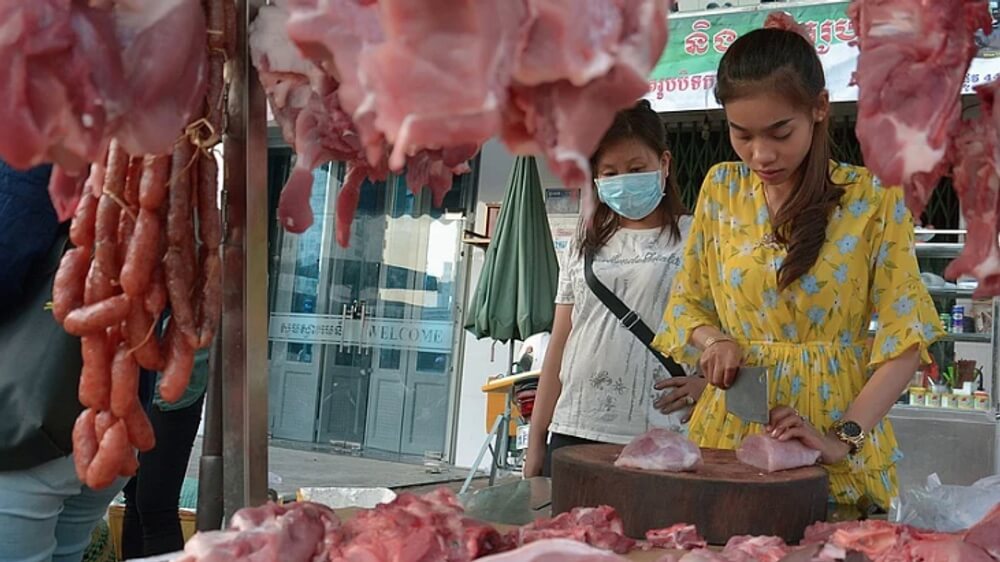Merchants are reopening wet market stalls in Wuhan, China following a months-long lockdown to limit the spread of the coronavirus (COVID-19). Vendors say they are now struggling to stay afloat due to the negative stigma surrounding the outbreak.
“There is no business and no one is coming,” a stall worker named Zhang told Reuters. “Everywhere is blocked and people cannot come in. Everyone is scared to go out and contract the virus.”
Another vendor, Jin Qinzhi, added: “we don’t have any income and business. If it goes on like this, it will be very difficult for us to survive.”
The coronavirus has infected more than 2,600,000 people globally. More than 186,000 people have died as a result, and more than 731,000 have recovered.
Some experts believe the novel coronavirus originated in a wet market in Wuhan in Hubei province last December.
Wet markets sell produce, like fruits and vegetables, and fresh meat. In addition to this, some sell live wild animals and fish for human consumption.
Due to the close proximity of humans and animals, these wet markets can be breeding grounds for zoonotic diseases. These are diseases that cross the species barrier to humans. The wet market thought to be at the center of the outbreak had a separate section for wild animals, both alive and slaughtered.
Wuhan city officials have announced plans to spend 200 million yuan—roughly $28 million—to improve the hygiene of its more than 400 farmers’ markets.

Public Officials Urge Closing Of Wet Markets
A number of public officials have called on China to close its wet markets selling wildlife.
Earlier this month, more than 60 U.S. lawmakers called for a global ban to prevent future outbreaks. In a letter sent to the World Health Organization, the World Organization for Animal Health, and the United Nations, legislators emphasized the dangers markets selling live animals can pose to public health.
“’Wet’ markets, in particular, pose a threat to global public health because wildlife comes from many different locations without any standardized sanitary or health inspection processes,” the letter reads.
It adds: “As leaders of organizations tasked with ensuring human and animal health, we urge you to work with member states to ensure that live wildlife markets are closed permanently in all countries.”
California and New York lawmakers are to introduce bills to ban live animal markets and exotic wildlife trafficking.


